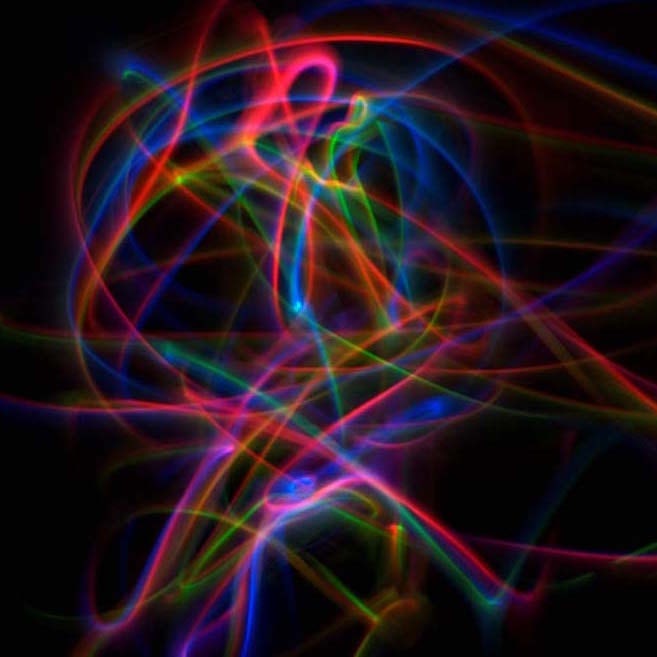Thermodynamics of information
Understanding the physical nature of information and how it relates to energy transfer and new technologies that make use of these insights.
Ever since Maxwell’s demon helped establish the link between thermodynamics and information, scientists have been formulating the thermodynamics of memories, information flows and feedback processes, especially in the 21st century. Quantum information thermodynamics extends these ideas to quantum measurement and feedback.
In this project we investigate the relation between information and energy in the classical and quantum regimes. Using analytical techniques and simulations, we pursue a collection of hypotheses about the physical nature of information, how to extract energy from fluctuations in the environment, and new technologies that take advantage of these and further insights.
A better understanding of information thermodynamics will help advance the nascent fields of quantum computing, nano-scale devices and biomolecular engineering. Sustained energy extraction could reduce the need for batteries in small autonomous devices. Quantifying the energy required by organisms and synthetic devices to gather and act on information could help form a foundational theory of life and artificial life.
















Papers in this project
Energy harvesting with AI
Machine learning techniques enhance the efficiency of energy harvesters by implementing reversible energy-conserving operations.
A Hamiltonian recipe
An explicit recipe for defining the Hamiltonian in general probabilistic theories, which have the potential to generalise quantum theory.
Quantum jumps in thermodynamics
Spectroscopy experiments show that energy shifts due to photon emission from individual molecules satisfy a fundamental quantum relation.
Worst-case work entropic equality
A new equality which depends on the maximum entropy describes the worst-case amount of work done by finite-dimensional quantum systems.
Photonic Maxwell's demon
With inspiration from Maxwell’s classic thought experiment, it is possible to extract macroscopic work from microscopic measurements of photons.
A measure of majorization
Single-shot information theory inspires a new formulation of statistical mechanics which measures the optimal guaranteed work of a system.